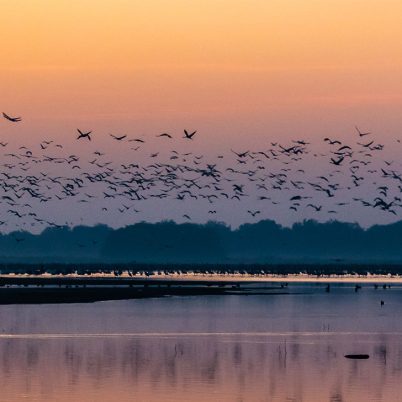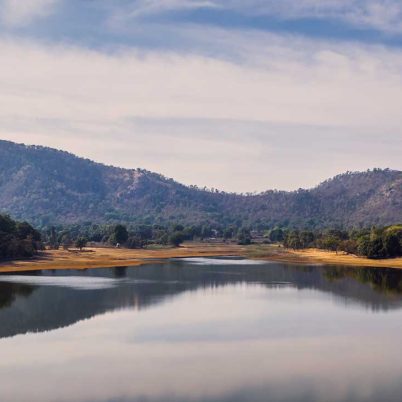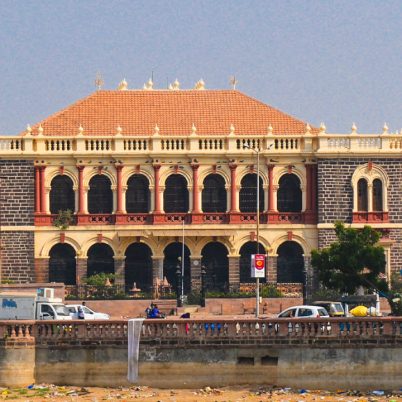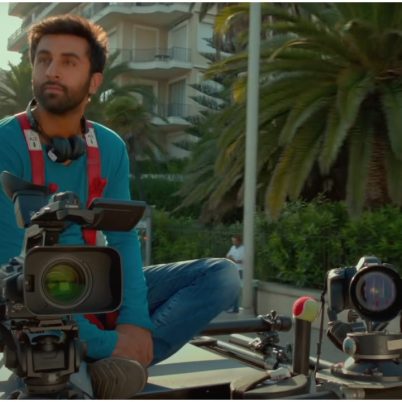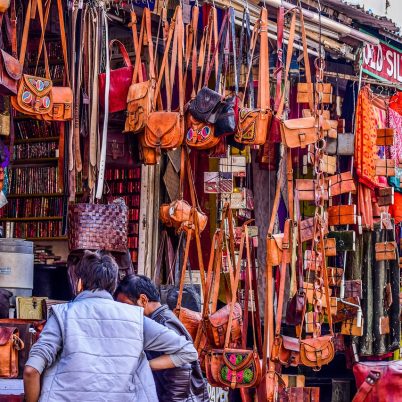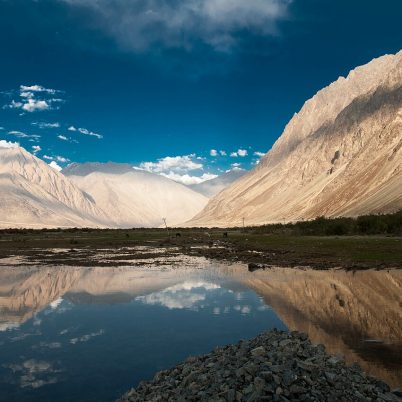Voluntourism, an outgrowth of the ecotourism movement of the 1990s, began when travellers shunned package trips for more authentic experiences. Willing to pay for these experiences, they unintentionally fueled a profit-driven growth of organisations offering such “authenticity”. Even today, most people don’t realize that short-term volunteering in a foreign country is more detrimental than beneficial. Don’t get us wrong- voluntourism has its benefits but only when approached in a well-informed manner. Read through our blog on Voluntourism in India, and find out about how you can still do your part for society despite it being such a heated topic of debate.
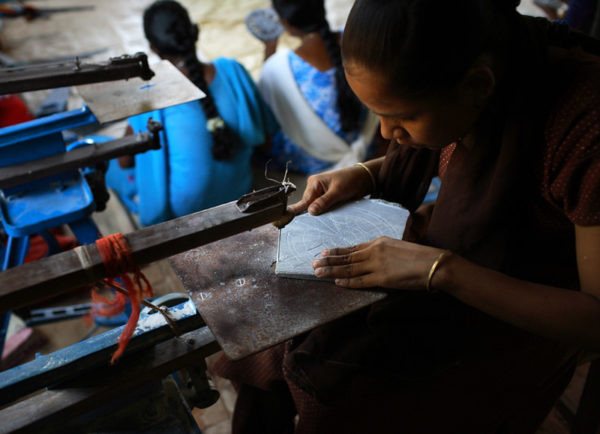 Tile Making- Photo Credit Unido
Tile Making- Photo Credit Unido
The negative side of Voluntourism
Voluntourism, though fueled by noble feelings, is built around contradictory economics. Volunteers happily sign up with organisations offering chances to contribute to construction projects in poor villages, or visit an orphanage. While definitely transformative for the guests, how much it actually helps is a gray area.
Voluntourism in villages
Village voluntourism is a big part of voluntourism in India. However, you may be doing more harm than good. For one, people in such villages are often desperate for jobs. The last thing they need is imported unskilled labour that not only takes away their chance for employment, but also leaves them with sub-par infrastructure or service. Most often than not, these villages have ample willing and able locals. And the time and resources used to train and monitor unskilled well-wishers diminishes the effort the local communities could put into simply implementing the projects themselves. The next time you’re tempted to volunteer at digging wells or building schools, do think again.
Orphanage & school tourism
Orphanage tourism is the second big part of voluntourism, and is also problematic. It involves tourist visits to orphanages, schools and other institutions as part of packages, day trip excursions or tours. For one, several countries are in the process of deinstitutionalization- shifting from institutional care to family care, due to their harmful effect on children’s development. Additionally, orphanage tourism creates a market for orphans, causing kids to fall into the hands of criminals. India has had several cases of orphanages being a front to evil, sinister activities. This only proves that voluntourism in India has gone too far in the wrong direction. Similarly, Cambodia’s orphanages have grown significantly only to meet foreigners’ desire to help, with children who are not orphans being used to attract voluntourists. In cases like these, voluntourism rears its ugly head as a money-making business with no real social impact.
Likewise, visiting schools for a short period of time is also detrimental. Volunteers must be native English speakers, or excellent in fluency, for their teaching to be of any use. Short term volunteering fulfills nothing other than disrupting the students’ academic flow. Lastly, volunteers must not be given the power to decide the curriculum. This is a red flag, and such organizations have nothing but profit at heart. While it might appear that the kids are happy with the interactions with strangers, it disturbs their school routine and curriculum, and has no real benefit to their learning. Certain countries, like India, have enough locals who are excellent English speakers, and do not need foreigners to fill the slots of English teachers in schools.
Instead of visiting an orphanage or school for a short while and leaving the children with the familiar sense of abandonment, supporting local NGOs and caregivers is a much better alternative.
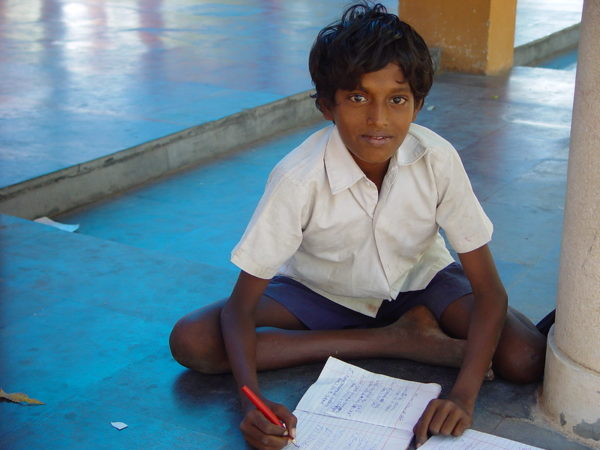 Helping Hard Working Children From India’s Slums- Photo Credit Brian Glanz
Helping Hard Working Children From India’s Slums- Photo Credit Brian Glanz
Voluntourism – the right way
The situation might seem bleak, yet there’s loads you can do for a volunteer experience that benefits both you and the receiving communities.
Duration
Volunteer for multiple months instead of a few days or weeks. This ensures both sides get time to acclimatise and find a middle ground to produce the most fruitful work. If not for long-term engagement with skilled people, then monetary or resource support is often more beneficial than a short stint,
Background research
Thorough research always helps. Inform yourself. Directly source out NGOs instead of going with distributing organisations that charge money. Consider volunteering with organisations that can use the skills you possess. Accounting, fundraising or administration work may not seem as exciting as teaching children or digging a well. However, consider that those are often the skills that NGOs require the most, therefore your positive impact is the biggest.
Getting your hands dirty
If you do want to volunteer at building infrastructure, we recommend a long-term period where you can interact and preferably work under someone who is skilled at knowing how to lay brick and mortar. Find out if the NGO hires locals as well, and do not shy away from working alongside or under them. Even more importantly, ensure that this construction is a part of a larger developmental plan for the community. Or, help develop a sustainable strategy that doesn’t just offer short term solutions. A long-term plan revolving around necessities like water and sanitation, housing and infrastructure are signs that the NGO has the good of the community at heart.
Sustainable work
Play a role in ensuring the positive outcome of your work is as enduring as possible. Sustainability is paramount, as if there is only volunteering with no sustainability, there is no real benefit to the receivers. Help to find new volunteers, spread the word about the need for help, and teach and interact with the locals whenever you can.
Lastly, address the eternally debated dilemma- are you volunteering to quench your desire to help, or as a means of self-gratification? Though it is an unpleasant question, it is also one that must be addressed. In case you find yourself unable to go to countries where you can volunteer, whether it is due to different skills needed or time restrictions, consider the local communities around you and the social or environmental issues you can help address.
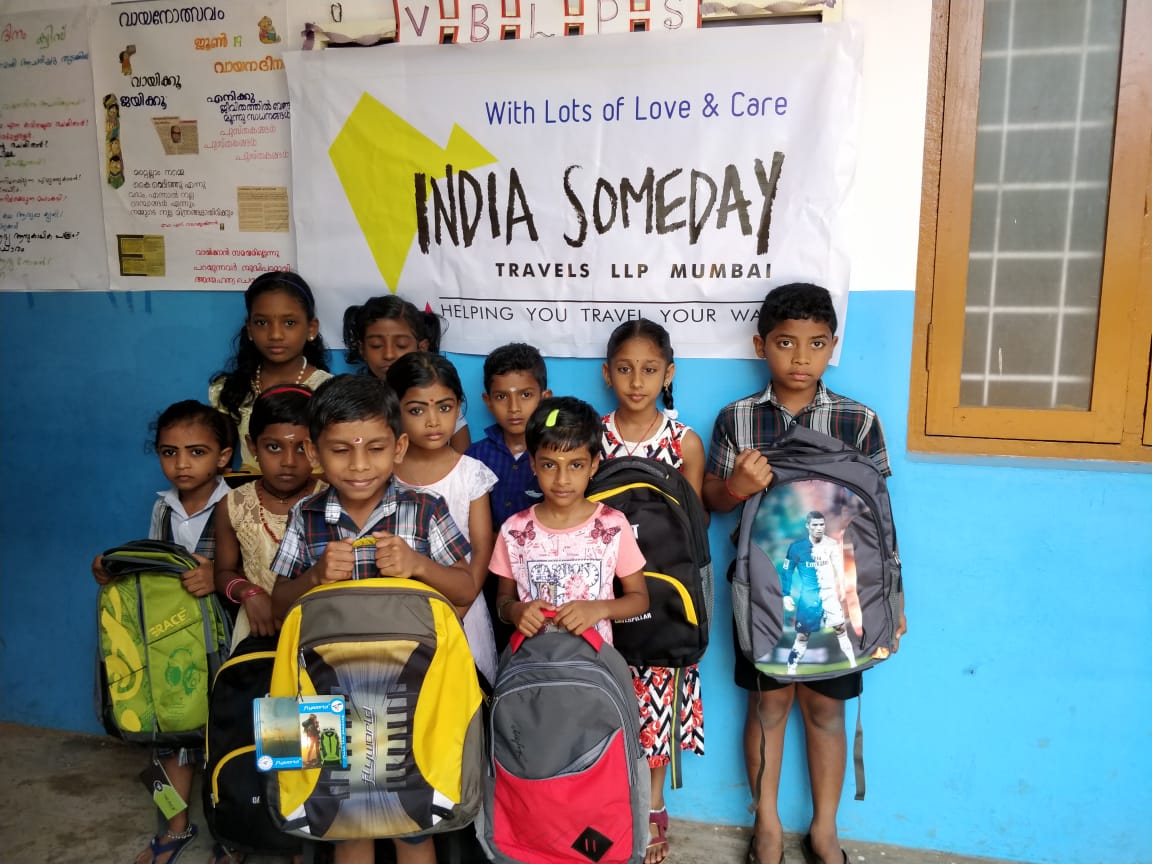 One School Bag and Stationary for Each Child” aims to support children in the remote regions
One School Bag and Stationary for Each Child” aims to support children in the remote regions
Voluntourism in India
Does it seem too bleak to bother volunteering at all? Don’t fret- There are NGOs and projects that make up the silver lining to the dark cloud of profit-making. Here’s a few NGOs and organisations in India that we have researched, and personally feel they fit the bill when it comes to voluntourism in India-
- The Himalayan Media Welfare Society located in Gorubathan near Darjeeling, has ethical volunteering with an emphasis on sustainability, educational and awareness programs.
- For those looking for something more challenging, Aarohi in Uttarakhand has long term volunteering in remote locations.
- Clap Global, located in Mumbai, is perfect for travellers looking to get in a few hours of volunteering while in the city. You have the opportunity to speak about your country to a group of young children; contact us to know more.
- Located in Mumbai and a few other cities, the Fandry Foundation supports projects in tribal areas.
- Atma, based in Pune & Mumbai, provides volunteering opportunities, but for a minimum of 3 months. Your role will be based on your level of experience and personal background.
- If you’re keen on living in and experiencing India, also check out Workaway or Worldpackers, both global organisations. You will be expected to work for select hours per day in exchange for food and accommodation.
If you want to do some good on your next trip abroad, you must be aware of some of the practical and ethical questions that you are likely to confront. Being a responsible traveller is yet another way to do good, even without volunteering. Eventually, as with all situations, the final call is ultimately going to be yours. India Someday offers advice and assistance for volunteering in India, but only for those looking to volunteer for 2+ months. Apart from this, we are always up to help you plan a sustainable trip to India. Just hit Plan My Trip and we’ll help you out.
helping you travel your way
Everything you need to know about India is here We have tried writing about everything you may need help with for your trip to India, If you need help in planning a trip to India Get in touch with us to to plan your trip of a life time.


